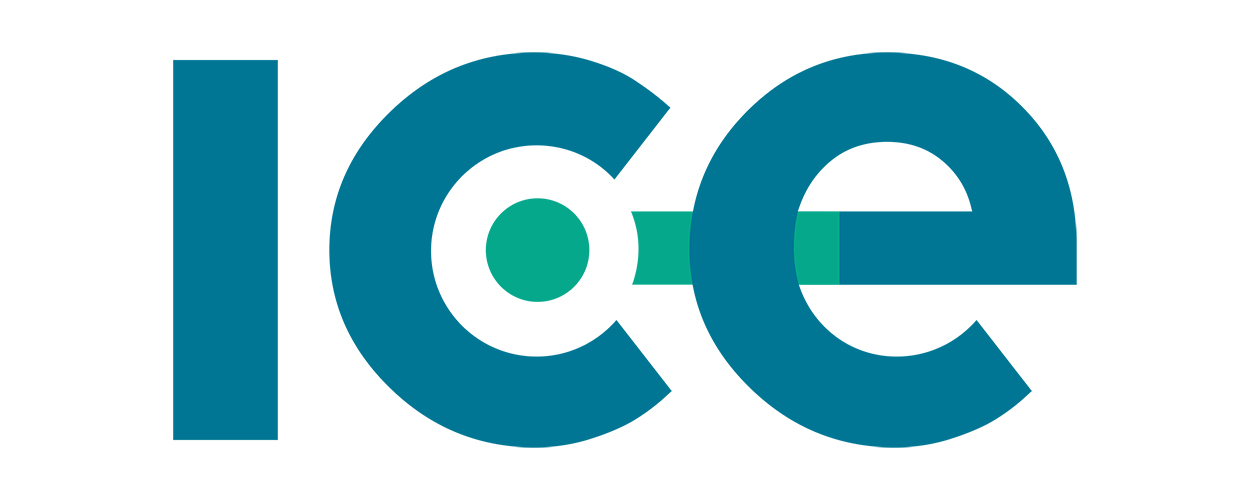This website uses cookies so that we can provide you with the best user experience possible. Cookie information is stored in your browser and performs functions such as recognising you when you return to our website and helping our team to understand which sections of the website you find most interesting and useful.
Business News Labels & Publishers
European societies and publishers agree standards for digital royalty processing
By Chris Cooke | Published on Friday 26 July 2019

A pan-European working group of collecting societies, music publishers and rights agencies involved in the processing of song royalties – especially from streaming services – has agreed some best practice standards which it hopes will improve royalty administration systems.
The working group goes by the name TOWGE – or the Technical Online Working Group Europe – and includes the PRS/STIM/GEMA owned copyright hub ICE, which yesterday published information about the new standards.
As the recent ‘Song Royalties Guide’ published by the Music Managers Forum and CMU Insights explains, the way songwriters are paid royalties by the streaming services is complicated. For various reasons monies often pass down an assortment of different royalty chains between service and writer, with delays and deductions potentially occurring at each link in the chain. Royalties due for a single stream of a single song may pass down multiple chains, and writers are often in the dark as to what chains are employed and why.
On top of that, streaming services don’t know what songs they are streaming and therefore don’t know who to pay. Which means that whichever society, publisher or agency is the first link on any one royalty chain needs to process usage data from each streaming service, identify which streams were of songs it represents and invoice for the money that is due.
Widely documented issues around music rights data – and the often incomplete and inconsistent copyright ownership information that sits in the wide assortment of databases used by the music industry – means there are issues with this claiming of royalties. On some streams royalties are over-claimed and services may halt payments entirely, while on others there are under-claims and no one quite knows what to do with the unclaimed money.
There are multiple problems across the song royalty system and each problem probably needs to be solved in isolation. But at the same time, having some standards in the way societies and publishers go about claiming royalties from streaming services is a good starting point. Which is what TOWGE has been trying to do by consulting its members and the digital services.
In its blog post on the new standards, ICE says it is “delighted at the adoption of best practice by TOWGE members to help clean up invoicing practices for digital services”, hoping that efforts like this can “minimise dispute frequencies and values” and “maximise the accuracy of invoicing”.
Many of the agreed principles contained in the new TOWGE standards are basically common sense. So, things like not claiming for tracks not yet matched to a song, or for songs whose ownership is currently in dispute, or based on unofficial ownership information. But nothing should ever be assumed as a given, so there is still a definite value to having all the basics agreed in writing.
In addition to commitments on how societies, publishers and agencies should process and claim royalties, there are also some agreed standards on invoicing and data management.
ICE says that it is already fully compliant with the new standards and that other TOWGE members are committed to making sure they comply within the next few months.
It’s hoped, the ICE blog adds, that standards like this will help make digital royalty payments faster and more accurate. This agreement is also a “building block”, it says, towards wider industry agreement on how unclaimed digital royalties should be distributed, another tricky issue that impacts on the income of songwriters, but where said writers have often not been properly involved in any debate on a solution in the past.
You can read ICE’s blog post here.





